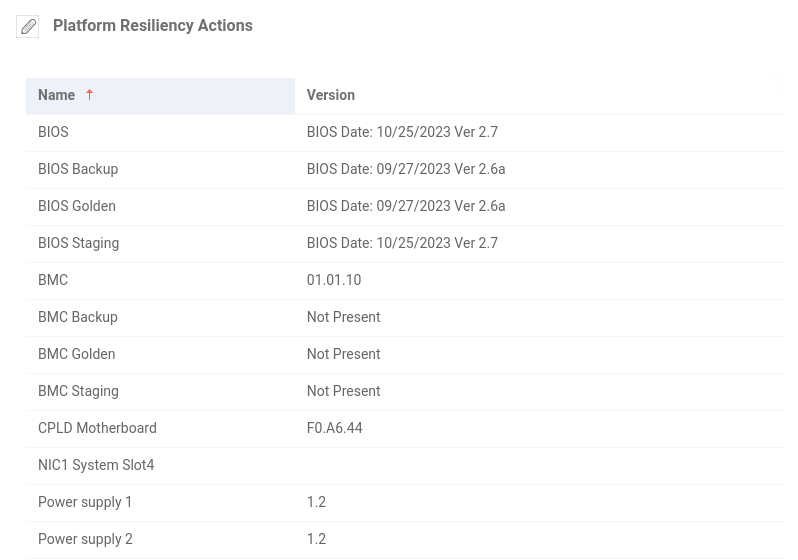Zarathustra[H]
Extremely [H]
- Joined
- Oct 29, 2000
- Messages
- 38,878
I have many Supermicro boards and I stuff whatever memory I can snipe cheap on Ebay into them. Works fine.
This has been my experience with Supermicro boards too. I have yet to come across RAM that doesn't want to work on them. (as long as it is the right type).
That doesn't mean I want to have a "first time" though.
![[H]ard|Forum](/styles/hardforum/xenforo/logo_dark.png)
